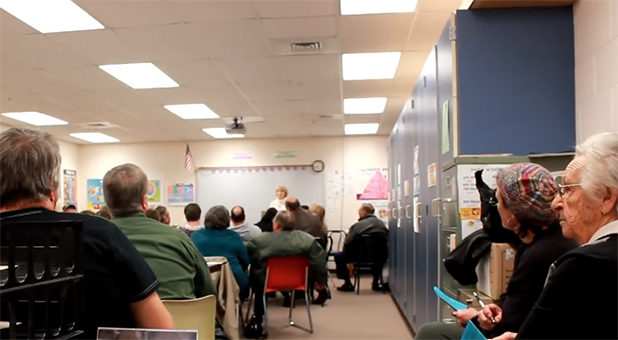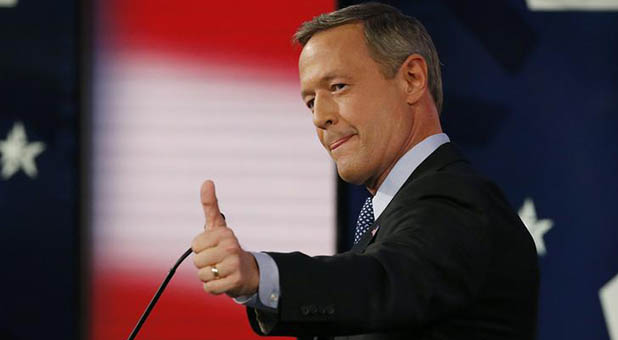There are many similarities between the Democrat and Republican caucus processes in Iowa, but there are also a number of differences. So, looking at the GOP precinct-level caucuses, to many outside observers, it may look as though they’re identical.
So let’s look at those similarities as well as the very important differences between the two.
Step One: Be Prepared
Just like for the Democrats, being registered to vote prior to Caucus Night is helpful but not a requirement. You may register to vote at your Republican caucus site if you will be at least 18 years old by Election Day 2016 (Tuesday, Nov. 8).
If you don’t know where to go to caucus, the Iowa Secretary of State’s Office website can help you find it. Republicans, due to expected high turnout, are asked to show up early—6:30 p.m. should be early enough—although the caucus itself begins promptly at 7 p.m.
Step Two: Preliminary Business
This step is identical for Republicans and Democrats in that each precinct caucus will already have a “temporary chair” who performs the following duties:
- Previewing the meeting agenda
- Explaining the purpose of the precinct caucus—to select a presidential preference, to elect delegates to county convention, to adopt platform resolutions and to elect precinct leadership
- Reading any correspondence and announcing candidate nominating petitions
- Conducting the election of permanent precinct caucus officers
Once that final duty is concluded—it’s fairly common for the temporary chair to be elected the permanent chair—the caucus is ready to begin in earnest.
Step Three: Presidential Preference Vote
This is where the processes for Republicans and Democrats become decidedly different. Rather than divide into groups, the entire caucus will be supplied a secret ballot, upon which each member will cast his or her vote for president.
This is entirely different than selecting delegates, which happens separately from the presidential preference vote. Once the votes have been cast, a group of volunteers will count them up and report the totals back to the rest of the caucus. Those results are then transmitted to the state party.
The Iowa GOP has developed a new mobile app to report the numbers in a timely and accurate manner in an effort to avoid the problems that occurred in 2012. Those results will be shared with the media from a “caucus headquarters” in Des Moines.
So while Democrats will report the number of delegates won, probably along with a total number of caucus participants, Republicans will report raw vote totals. If your only concern is voting for president, at this point, the caucus is over, but the entire process will continue.
Unlike Democrats, Republicans select their delegates based on their willingness to serve, not necessarily based on which candidates they support. The state’s delegates to the Republican National Convention will be determined at the district and state conventions that follow.
But at the precinct caucus, delegates will be selected for the county convention, which will occur on Saturday, March 12, in each of Iowa’s 99 counties. At those meetings, district delegates will be selected.
The rules have changed substantially for the 2016 Iowa Republican Caucus. In the past, national delegates were selected irrespective of the results of the presidential preference polls. Now, national rules require some level of apportionment of the delegates based on the preference vote.
Delegates, for the first ballot of the national convention, are pledged based on the preference poll. So, for instance, if Candidate A gets 50 percent of the vote, he or she would also get 50 percent of the delegates on the first ballot of the national convention.
There is a small caveat. If only one candidate is eligible for nomination at the national convention, all of Iowa’s delegates are pledged to that candidate, if he or she received at least one vote during the precinct caucuses.
Iowa gets 27 delegates to the Republican National Convention.
And there you have it, the entire caucus process. If you would like to “see” it—with a fun little animation—the Iowa Association of Business and Industry and Economic Progress for Iowa’s Citizens have jointly put together a video tutorial. Click here to see the video.
Next week, we’ll conclude the series with some important tips for Christian voters.
See an error in this article?
To contact us or to submit an article






















